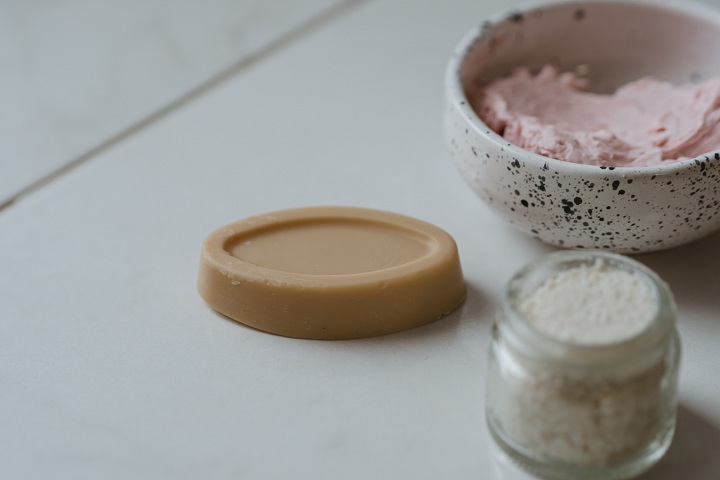The term “antifungal cream” refers to a variety of products with antifungal ingredients that are applied topically to the skin to control and manage fungal infections. These items may contain a moisture barrier to condition and protect the skin. Antifungal creams are used as a palliative treatment for fungal infections that are already present and as a preventive measure in situations where there is a risk of infection.
How It Works
The fungus that causes fungal infections is killed or stopped from spreading by antifungal cream.
Indications on when to use anti fungal creams
The following conditions may present indications for antifungal creams to be applied as part of skincare regime.
- Burn injuries: Fungal infections due to burns.
- Wounds that persist: Fungi present in chronic wounds, stalling the inflammatory phase of the wound and contributing to the formation of biofilms which prevent and discourage healing.
- Ulcers on diabetic feet: A diabetic foot usually has yeast in them that can cause ulcers.
- Infections of surgical wounds: Surgical patients, chemotherapy patients, and cancer patients may contract infections from fungi.
- Patients with immunosuppression: Systemic fungal infections, many of which begin on compromised skin surfaces and are opportunistic, are very common in people with suppressed immune systems.
- Skin unites: Fungal infections in skin graft sites can prevent the graft from succeeding.
How to use anti fungal cream?
- Make sure to use only skin care cream for fungi on the skin only.
- Clean and thoroughly dry the area to be treated. Apply this anti fungal cream to the affected skin, usually twice a day or as directed by your doctor.
- Dosage and length of treatment depends on the type of infection being treated. Do not apply this more often than prescribed.
- Apply enough medication to cover the affected area and some of the surrounding skin.
- Make sure to use antifungal cream for ringworm in case of ringworm infection.
- After applying anti fungal cream, wash your hands. Do not wrap, cover or bandage the area unless directed by the doctor.
- Do not apply this medication in the eyes, nose, mouth, or vagina or close to any cuts.
What you must know about skin care cream for fungi?
- Avoid using anti fungal cream incase the skin is hypersensitive to clotrimazole or any other ingredient present in these type of products.
- Antifungal cream for ringworm can be used for ringworms during pregnancy/ lactation under medical supervision.
- If used topically on the nipple area, wash breasts before feeding child.
- Use this medication regularly in order to get the most benefit from it. It is recommended to use the medication at same time each day for better results.
Side Effects
Topical skin care cream don’t always cause side effects. But occasionally symptoms like redness, itchiness, swelling, burning, peeling, and cracked skin may be observed. One must stop the medication moment any such symptoms are observed and should take medical help.
Incase the over-the-counter (OTC) anti fungal cream don’t work to relieve the symptoms of infections like ringworm, nail fungus, or a vaginal yeast infection, visit a doctor for further investigation.
Explore, Canesten Anti-Fungal Cream, a Wellify antifungal cream effective in the treatment of fungal skin infections and alleviating its symptoms and discomforts. Login to wellify.in to learn more.

